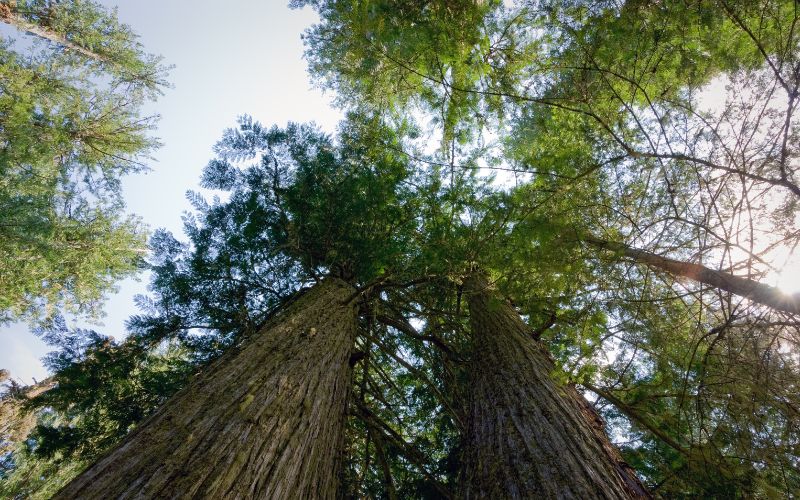
- Details
- By Native News Online Staff
Anishinaabe people have used northern white-cedar wood and bark for centuries to create cultural items such as birchbark canoes and ceremonial mats. But climate change and overharvesting has caused a decline in Giizhik in recent years, the tribe said.
On Feb. 13, the tribe announced updates to its Tribal Code that will ensure the sustainable harvest of Giizhik trees.
“Giizhik trees are sacred, elder beings to our Anishinaabe nation, which provide teachings, medicine, and essential habitat for other plants and wildlife,” said Sault Tribe Chairman Austin Lowes in a statement. “It’s important that we stop the abuse of Giizhik trees in our region and promote sustainable harvest practices for future generations.”
Under the new law, tribal members must obtain a permit before collecting Giizhik bark from tribal or public land. Legal harvesting under the updated Code is designed to protect and honor Giizhik trees and to maintain good harvesting relationships in future generations, according to the tribe.
More Stories Like This
Southern Sierra Miwuk Nation Gets 900-Acres ofLand BackChilkat Indian Village Tells New Palmer Mine Owners They Are “Not Welcome” in Chilkat Valley
Tribes, Coastal Group Ask Army Corps to Revoke Permit for Texas Export Terminal
Michigan Tribes Tell Supreme Court: Don’t Bail Out Enbridge
Alaskans Raise More Than $1 Million For Communities Devastated by Typhoon Halong
Help us defend tribal sovereignty.
At Native News Online, our mission is rooted in telling the stories that strengthen sovereignty and uplift Indigenous voices — not just at year’s end, but every single day.
Because of your generosity last year, we were able to keep our reporters on the ground in tribal communities, at national gatherings and in the halls of Congress — covering the issues that matter most to Indian Country: sovereignty, culture, education, health and economic opportunity.
That support sustained us through a tough year in 2025. Now, as we look to the year ahead, we need your help right now to ensure warrior journalism remains strong — reporting that defends tribal sovereignty, amplifies Native truth, and holds power accountable.
 The stakes couldn't be higher. Your support keeps Native voices heard, Native stories told and Native sovereignty defended.
The stakes couldn't be higher. Your support keeps Native voices heard, Native stories told and Native sovereignty defended.
Stand with Warrior Journalism today.
Levi Rickert (Potawatomi), Editor & Publisher


